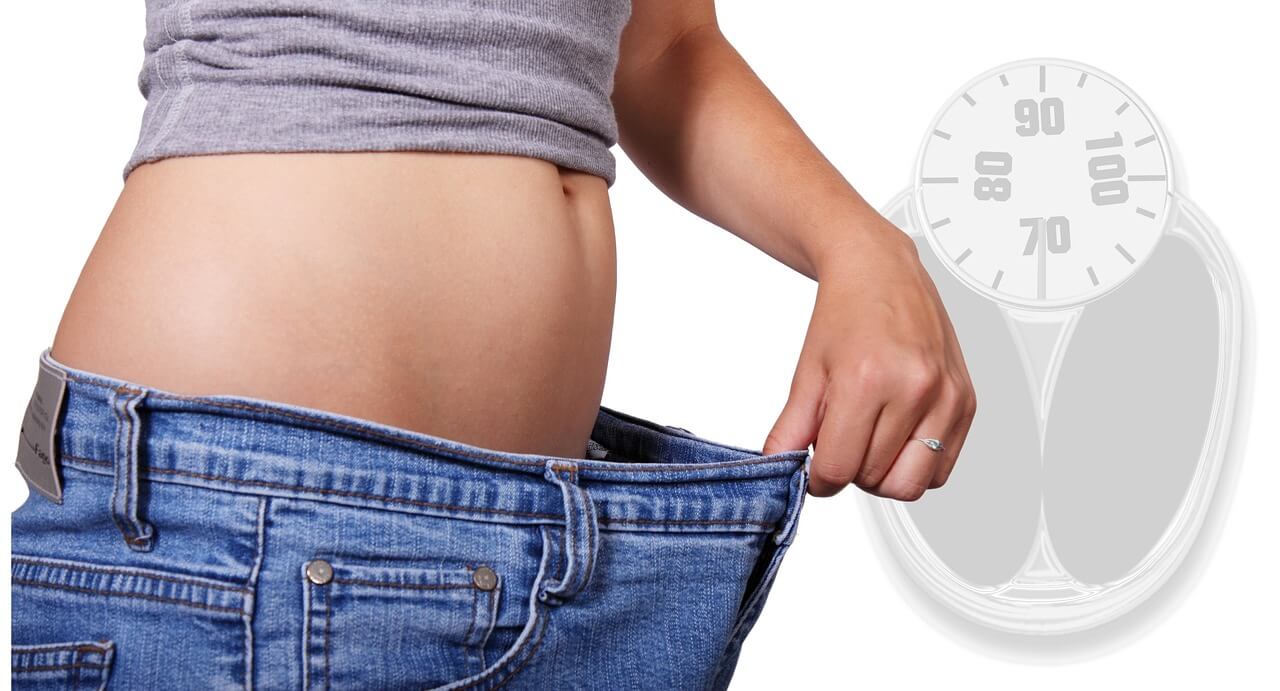Does Vaping Make You Gain Weight? Exploring the Truth
Vaping has surged in popularity as an alternative to traditional cigarettes. As more people turn to e-cigarettes, questions about their health effects arise, particularly concerning weight gain. This article delves into the science behind vaping and its impact on weight, examining nicotine's role, lifestyle changes, and psychological factors, supported by scientific data and case studies.
Understanding Vaping and Its Components
What is Vaping?
Vaping involves inhaling vapor from an electronic cigarette or similar device. These devices heat e-liquid, typically containing nicotine, flavorings, and other chemicals. Unlike cigarettes, vaping doesn't involve combustion, reducing exposure to harmful substances found in tobacco smoke.
Components of E-Liquid
- Nicotine: An addictive substance found in cigarettes, used in e-liquids to satisfy cravings.
- Propylene Glycol (PG) and Vegetable Glycerin (VG): Carriers for nicotine and flavorings, producing vapor.
- Flavorings: Diverse flavors, from tobacco to fruit and desserts.
Why Does Vaping Make You Gain Weight?
1. The Role of Nicotine
Nicotine is one of the most studied components of e-liquids, and its effects on appetite and metabolism are well-documented. Here’s how nicotine might influence your weight:- Appetite Suppression:Nicotine is a stimulant that can reduce feelings of hunger. This is why some people turn to vaping as a way to control their appetite and avoid overeating. Studies have shown that nicotine activates certain receptors in the brain, leading to a decrease in appetite and potentially helping with weight management.
- Increased Metabolism:Nicotine can also temporarily boost your metabolism by increasing your heart rate and stimulating the nervous system. This means your body may burn calories at a slightly faster rate while nicotine is active in your system.
- Withdrawal and Weight Gain:However, the effects of nicotine are not permanent. When nicotine levels drop, some users experience increased hunger, which can lead to overeating and weight gain. This is particularly common among those who try to quit vaping or reduce their nicotine intake.
2. The Impact of Flavors
The flavors in e-liquids can significantly influence weight changes, especially when it comes to cravings and eating habits:
-
Sweet Flavors and Cravings: Many e-liquids come in sweet or dessert-like flavors, such as vanilla, chocolate, or fruit blends. These flavors can stimulate the brain’s reward system, similar to how sugary foods do, potentially increasing cravings for high-calorie snacks.
-
Vaping and Eating Habits: Some users develop a habit of vaping while eating or drinking, which might lead to overconsumption of calories. For example, pairing a sweet e-liquid flavor with a sugary drink could increase overall calorie intake without the user realizing it.
3. Psychological Factors
Psychological factors can also play a significant role in how vaping affects weight:
-
Replacement for Snacking: For some users, vaping serves as a replacement for snacking, helping them reduce calorie intake. This can lead to weight loss in certain cases.
-
Trigger for Unhealthy Habits: For others, the act of vaping might become a trigger for unhealthy eating habits, such as reaching for high-calorie foods while vaping.
-
Stress and Emotional Eating: Vaping, like smoking, is often used for stress relief. Switching to vaping or quitting nicotine can lead to stress-related eating, which may contribute to weight gain.
-
Social and Environmental Influences: Social vaping gatherings can also contribute to increased calorie consumption, as users may snack more frequently in social settings.
The relationship between vaping and weight is influenced by a combination of nicotine, e-liquid flavors, and psychological factors. While nicotine can suppress appetite and boost metabolism, its withdrawal effects may lead to overeating. Sweet flavors in e-liquids can trigger cravings for high-calorie foods, and psychological factors like stress or social influences can further impact eating habits. Understanding these factors can help users make informed decisions about vaping and its potential effects on weight.

Vaping and Weight Gain: Fact or Fiction?
Scientific Studies and Findings
A study in Nicotine & Tobacco Research (2019) found that smokers switching to vaping experienced less weight gain than those quitting without alternatives, suggesting nicotine replacement helps manage weight during quitting.
A survey by The American Journal of Preventive Medicine (2020) reported some former smokers gained slight weight when switching to vaping, attributed to reduced nicotine and lifestyle changes.
Case Studies
Real-life experiences can provide valuable insights into how vaping affects weight. Here are a few examples:
1. Weight Loss Success
John, a 35-year-old former smoker, switched to vaping and noticed a significant decrease in his appetite. “I used to snack all the time, but vaping helped me cut back on calories,” he says. Over six months, John lost 15 pounds without changing his exercise routine.
2. Weight Gain Struggles
On the other hand, Sarah, a 28-year-old vaper, found that her sweet e-liquid flavors increased her cravings for desserts. “I started gaining weight because I couldn’t resist eating cookies and cakes after vaping,” she admits. Sarah eventually switched to less sweet flavors to curb her cravings.
3. Mixed Results
Mike, a 42-year-old vaper, experienced both weight loss and gain at different stages. “At first, I lost weight because vaping reduced my appetite. But after a while, I started eating more to compensate for the nicotine withdrawal,” he explains.

Tips for Maintaining a Healthy Weight
- Monitor Nicotine Intake: Gradually reduce nicotine to manage cravings.
- Maintain a Balanced Diet: Focus on fruits, vegetables, and lean proteins.
- Stay Active: Incorporate regular exercise.
- Mindful Eating: Practice mindful eating to avoid unnecessary snacking.

Utilizing Vape Products to Support Weight Control
- Nicotine-Free Options: Transition to nicotine-free vaping, such as the variety of nicotine-free flavors offered by RAZ vapes, which can help you enjoy the ritual of vaping while eliminating nicotine. RAZ vapes are known for their diverse flavors and stylish designs, providing a range of nicotine-free options to meet different user preferences.
- Flavor Choices: Select flavors that satisfy cravings without adding calories. RAZ vape offer a rich selection of fruit, dessert, and beverage flavors, allowing you to enjoy delicious tastes without worrying about calorie intake.
FAQs
Q1: Does vaping make you gain weight?
A: Vaping itself does not directly cause weight gain, but factors like nicotine withdrawal, sweet flavors, and changes in eating habits can contribute to weight changes.
Q2: Does vaping make you fat or skinny?
A: The effects of vaping on weight vary from person to person. Some users may lose weight due to appetite suppression, while others may gain weight due to cravings or overeating.
Conclusion
The relationship between vaping and weight is complex and influenced by multiple factors, including nicotine, e-liquid flavors, and user behavior. While some users may experience weight loss due to appetite suppression, others might gain weight due to increased cravings or changes in eating habits.
Ultimately, the key is to be aware of how vaping affects your body and make informed decisions based on your individual needs and goals.
Coupons
-
$ 5.002025 DiscountsNo expiration dateRAZVAPER25

 Raz RYL Classic 35K
Raz RYL Classic 35K Raz LTX25000
Raz LTX25000 Raz DC25000
Raz DC25000 Raz TN9000
Raz TN9000 Raz Zero-Nicotine
Raz Zero-Nicotine Vaping Tips and Guides
Vaping Tips and Guides Flavor Profiles and Product Reviews
Flavor Profiles and Product Reviews Industry News and Trends
Industry News and Trends Health, Safety, and Lifestyle
Health, Safety, and Lifestyle Community Stories and Testimonials
Community Stories and Testimonials








